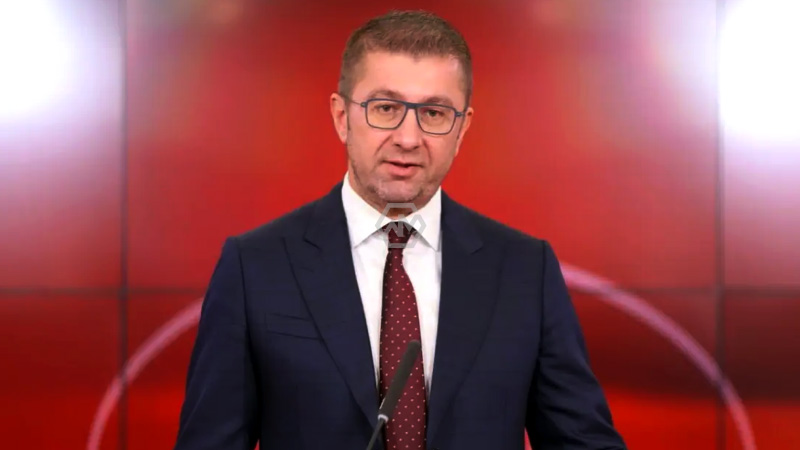- Prime Minister Mickoski admits to orchestrating efforts to alter an EU Parliament report.
- The campaign aimed to shield Macedonian identity and language from perceived misrepresentation.
- A decisive Foreign Affairs Committee meeting is expected on June 24 in Brussels.
North Macedonia’s Prime Minister Hristijan Mickoski has confirmed his government’s direct involvement in influencing the European Parliament report prepared by MEP Thomas Waitz, which focuses on the country’s progress and political status.
This unprecedented admission sheds light on the growing tension between North Macedonia and certain factions within the European Union, especially as the country pushes for accelerated EU accession talks.
Mickoski Admits to Steering EU Discourse on Macedonian Identity Amid Political Tensions
The Prime Minister’s remarks signal a shift in diplomatic tone, suggesting North Macedonia will adopt a firmer stance in its international engagements. Mickoski stated that he and Foreign Minister Timcho Mucunski had been in ongoing contact with EU representatives to “cushion the blow” from any political narratives challenging the existence of a distinct Macedonian nationhood. His rhetoric aligns with rising nationalism and public sentiment wary of external influence on national discourse.
By admitting to direct lobbying and intervention, Mickoski has entered murky waters concerning EU protocol and influence transparency. While lobbying is a common practice, explicit public acknowledgment of coordinated government-led pressure on MEPs could invite scrutiny from European institutions. This may lead to questions about the integrity of the European Parliament’s legislative independence, especially when third countries seek to amend or challenge internal reporting processes.
The language issue remains one of the most politically sensitive topics in Balkan politics, deeply entwined with historical disputes, particularly with Bulgaria and Greece. Past agreements like the Prespa Agreement and the Friendship Treaty with Bulgaria were intended to ease regional tensions but have been criticized by nationalist groups as concessions that threaten Macedonian heritage. Mickoski’s statements resonate strongly with those who feel the nation has sacrificed too much in pursuit of EU integration.
The upcoming AFET committee meeting could be a pivotal moment for North Macedonia. It may either solidify support for Mickoski’s narrative or trigger backlash within the EU for perceived meddling. With the country’s EU accession bid hanging in the balance, how Brussels responds to this incident could redefine future relations. The situation underscores the delicate balance between national identity politics and broader European diplomacy.
Mickoski’s candid admission underscores a complex and evolving relationship between North Macedonia and the European Union, where identity, diplomacy, and influence intersect in unpredictable ways.
“Patriotism is supporting your country all the time, and your government when it deserves it.” — Mark Twain



